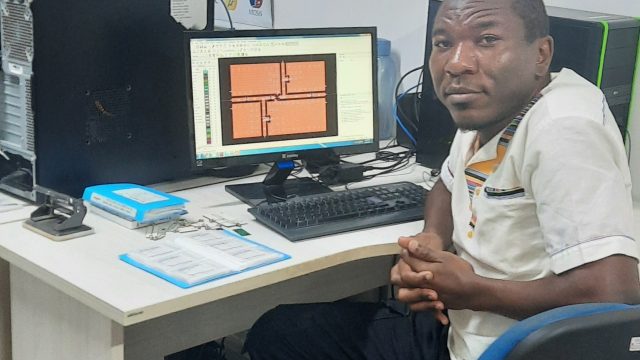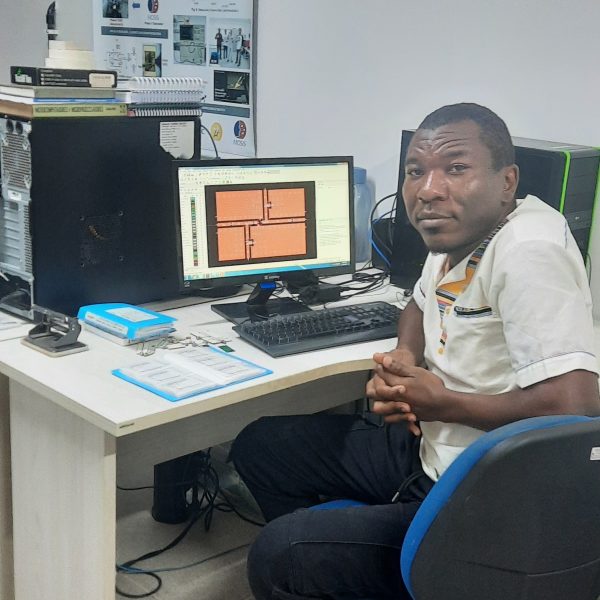
Mobilité internationale au Brésil – Interview Bertus
Cet été, découvrez chaque semaine le portrait de nos étudiant.e.s de M1 qui sont actuellement en mobilité internationale.
Aujourd’hui c’est Bertus, étudiant dans le parcours High Frequency Electronics & Photonics qui fait sa mobilité à l’Universidade Federal Da Paraiba, Joao Pessoa (Brazil).
1. What is your background ?
My name is Bertus, a Masters 1 student at the University of Limoges, specializing in high frequency electronics and photonics. Originally from Cameroon, I developed a fascination with mobile technology, which led to studying electrical and electronics engineering at the University of Buea. Due to socio-political unrest in Cameroon, I couldn’t complete this program but later earned a scholarship to study Telecommunication Engineering in Russia, obtaining a degree from the University of Volgograd in 2023. In the final year of my undergraduate studies, I sought a graduate program to deepen my expertise in electronics. Consequently, I applied and was accepted to the Faculty of Science and Technology at the University of Limoges, where I am focusing on high frequency electronics and photonics.
2. Mobility abroad is compulsory in M1 EUR, were you apprehensive about this mobility?
International mobility for M1EUR students, based on my personal experience, offers significant benefits including cultural understanding, personal growth, language acquisition, and the opportunity to build diverse and valuable friendships. These experiences contribute to a well-rounded education and preparation for a globalized world.
3. How did the internship search go and how did you choose your internship location?
Looking for an internship was not an easy task especially since it was my first time in France and having no contacts internationally. I want to use this opportunity to thank my lecturers at the University of Limoges, the entire Ceramics & ICT TACTIC Graduate School staff and in particular Professor Bruno Barelaud who was kind enough to contact his colleague in Brazil for an internship position.
4. What is your internship topic?
My internship project title is: Phase-noise optimization of a 2.4 GHz oscillator with high DC-RF efficiency.
5. How is the internship going overall?
My internship is progressing smoothly, and I’ve seamlessly integrated into the research team. They have been very understanding and friendly, especially since most of them can’t communicate in English or French.
6. What are your internship missions like?
I typically start my day at 8 AM and finish around 5 PM. Every morning, I have a meeting with my internship supervisor to update him on the project’s progress. In return, he provides feedback and assigns new tasks if necessary.
7. Do have a travel story to share? Any cultural shock there?
As an African, I was surprised to discover the similarities between Brazilian cuisine, especially in the northeastern region, and African foods.
8. What advice would you give to future students who are going to do their mobility?
My advice to future students considering international mobility is to take it seriously from the outset. It provides invaluable opportunities to work in diverse environments, fostering significant personal, professional, and academic growth. Additionally, international mobility facilitates networking, enabling students to build international connections and collaborations that can enhance future career prospects.

